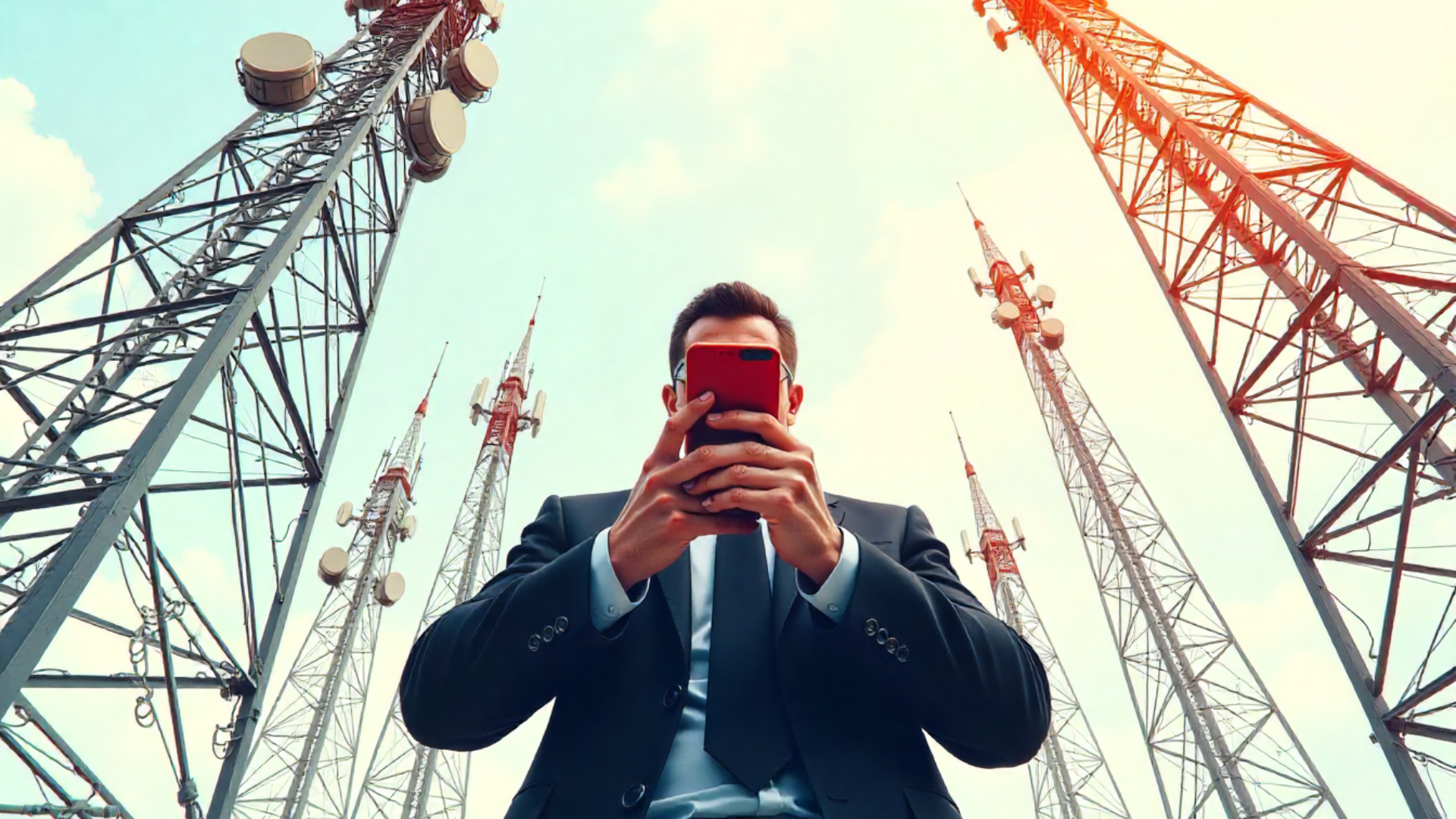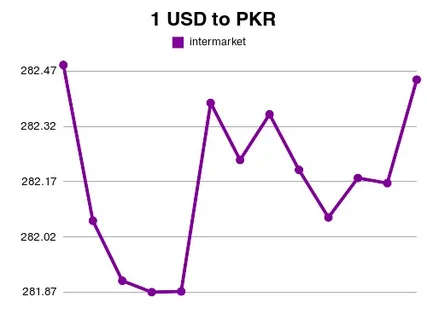Certificación ISO 27001 for Telecom Providers Protect the Network, Protect the Brand

Why Certificación ISO 27001 Matters for Telecom Companies
You know what? In a world where your phone is practically an extension of your hand, telecom companies aren’t just selling connectivity—they’re guarding your digital life. From personal texts to sensitive business calls, these companies handle a treasure trove of data. That’s where certificación ISO 27001 comes in, like a digital fortress ensuring your information stays safe. But what does it really mean for telecom giants to earn this badge of trust, and why should you care? Let’s break it down.
The Telecom Data Juggernaut
Telecom companies are the backbone of modern communication. Think about it: every call you make, every email you send, every late-night scroll through social media—it’s all flowing through their networks. That’s a lot of responsibility. And with great power comes, well, a great need for security. Cyberattacks are no longer just a plot twist in a sci-fi movie; they’re a daily reality. With 5G networks expanding and IoT devices multiplying like fireflies in summer, the stakes are higher than ever.
Certificación ISO 27001 is the gold standard for information security management systems (ISMS). It’s not just a fancy acronym—it’s a framework that ensures companies have robust processes to protect data. For telecoms, this means safeguarding everything from customer records to network infrastructure against breaches, leaks, or even human error. And trust me, human error is the sneaky villain nobody talks about enough.
Why Certificación ISO 27001 Isn’t Just a Checkbox
Here’s the thing: getting certificación ISO 27001 isn’t like grabbing a coffee to go. It’s a grueling process that forces companies to rethink how they handle security from the ground up. For telecoms, this is a big deal because their networks are sprawling, complex beasts. Picture a giant web of cables, satellites, and servers, all humming with data. One weak link, and the whole system could unravel.
The certification requires telecoms to:
Identify risks—like pinpointing where a hacker might sneak in.
Set up controls to mitigate those risks, whether it’s encryption or employee training.
Regularly audit and improve their systems, because threats evolve faster than fashion trends.
But it’s not just about dodging cyberattacks. Certificación ISO 27001 also builds trust. When you see a telecom brand waving that certification, it’s like a chef proudly displaying a Michelin star. It tells customers, “Hey, we’ve got your back.”
The Emotional Weight of Data Breaches
Have you ever gotten that sinking feeling when you hear about a data breach? It’s not just about losing your password—it’s the violation of knowing someone’s rummaging through your digital life. For telecom customers, a breach could mean exposed call logs, leaked messages, or even financial details in the wrong hands. That’s why certificación ISO 27001 matters. It’s not just a technical fix; it’s a promise to protect what’s personal.
Telecoms like Verizon or AT&T (big players in the game) know this. They’ve seen the fallout from breaches—angry customers and plummeting stock prices. Certificación ISO 27001 isn’t just about avoiding those nightmares; it’s about showing they’re taking action, not just reacting when the damage is done.
A Quick Detour: The Human Factor
Let’s pause for a second. We talk a lot about tech—firewalls, encryption, all that jazz—but people are often the weakest link. An employee clicking a phishing link or leaving a laptop on a train can undo years of security work. Certificación ISO 27001 forces telecoms to train their teams, making sure everyone from the CEO to the intern knows how to spot a scam. It’s like teaching your grandma to spot a shady email before she wires money to a “prince” in Nigeria.
The Competitive Edge of Certification
In the telecom world, standing out is tough. Every company promises faster speeds, better coverage, and shiny new plans. But security? That’s a differentiator. Certificación ISO 27001 gives telecoms a leg up in a crowded market. It’s like a neon sign saying, “Pick us—we’re the safe bet!” For businesses choosing a telecom partner, this is huge. Nobody wants their corporate secrets spilling out because their provider skimped on security.
The Cost of Getting It Right
Now, I know what you’re thinking: all this sounds great, but isn’t it expensive? Yup, it can be. Implementing certificación ISO 27001 isn’t cheap—think audits, consultants, and tech upgrades. For a telecom managing millions of customers, the price tag can climb fast. But here’s the flip side: a single breach could cost way more. That’s not pocket change, even for a telecom titan.
Plus, the investment pays off in customer loyalty. When you know your data’s safe, you’re less likely to jump ship to a competitor. It’s like sticking with a mechanic who always fixes your car right—reliability breeds loyalty.
A Peek at the Future: Security in a 5G World
Let’s talk about 5G for a minute. It’s not just faster internet; it’s a whole new ballgame. With 5G, telecoms are powering everything from self-driving cars to smart cities. But more connectivity means more vulnerabilities. Hackers aren’t just after your phone anymore—they could mess with entire infrastructures. Certificación ISO 27001 helps telecoms stay one step ahead, ensuring their networks are as secure as Fort Knox.
And it’s not just about tech. Customers are savvier. They’re asking tough questions: How safe is my data? What’s your security game plan? Telecoms with certificación ISO 27001 can answer with confidence, while others might fumble. It’s like showing up to a job interview with a polished resume versus a napkin with some scribbles.
The Cultural Connection
Here’s a little tangent: security isn’t just a tech issue; it’s cultural. In some countries, like Germany, data privacy is practically a religion. In others, it’s still catching up. Certificación ISO 27001 bridges that gap, giving telecoms a universal language to talk about security. Whether you’re in Tokyo or Toronto, the certification means the same thing: your data’s in good hands.
This matters for global telecoms like Vodafone or China Mobile. They’re not just serving one market—they’re juggling customers across continents. A standardized approach to security makes it easier to keep everyone happy, no matter where they’re calling from.
Wrapping It Up: Why It’s Worth It
So, why should telecoms bother with certificación ISO 27001? It’s not just about avoiding disasters—it’s about building a reputation. In a world where trust is harder to earn than a gold medal, this certification is a game-changer. It tells customers and partners that a telecom isn’t messing around when it comes to security.
And for you, the customer? It’s peace of mind. Next time you’re picking a telecom provider, check if they’re certified with certificación ISO 27001. It’s like choosing a restaurant with a clean kitchen—you’ll sleep better knowing your data’s not on the menu for hackers. Sure, no system’s perfect, but with certificación ISO 27001, telecoms are doing their darnedest to keep your digital world safe. And that’s something worth celebrating.

